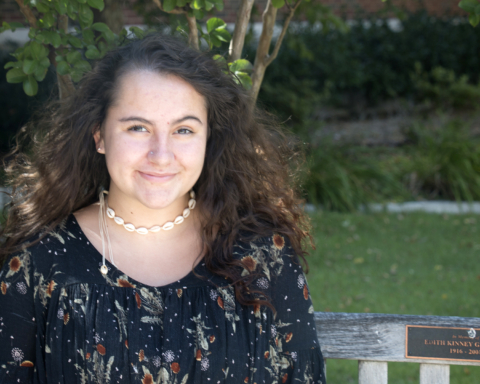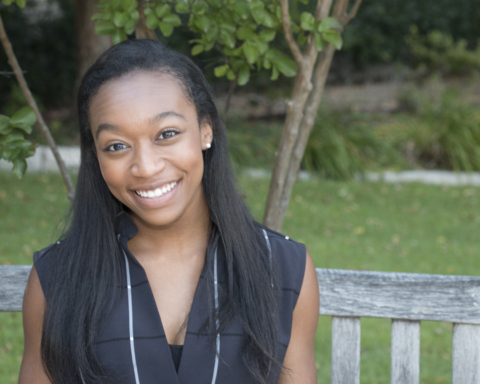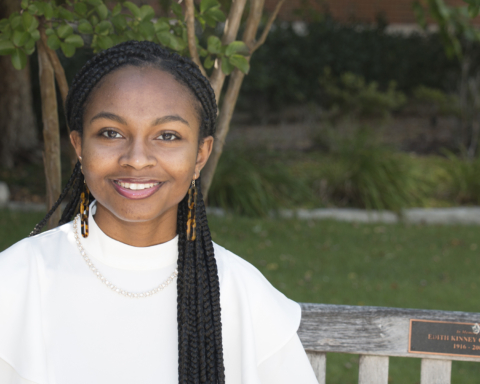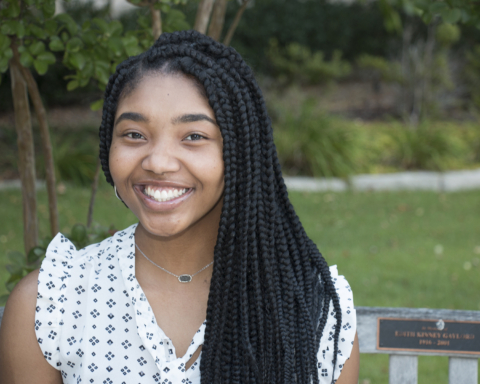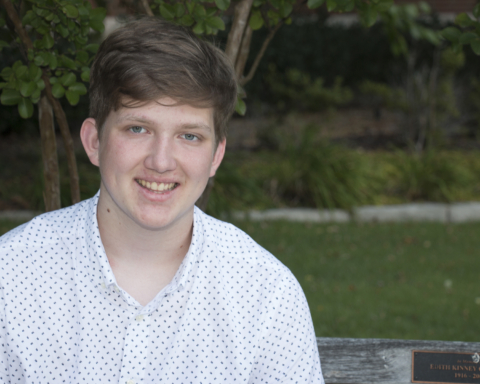Sand, beach and beautiful natural wonders are prominent sights in Venezuela. As one escapes the private tourist attractions and lush tropical resorts a tougher reality exists, however.
In the state of Zulia, 17-year old, Keren Florez notices the hardships that many Venezuelans face on a daily basis. She views this as her opportunity to impact her country, and to create change for the better.
Although Venezuela stands as a vacation stop for many, the country is not as picture perfect as it may seem. Beyond the gorgeous façade, harsh living conditions exist. As a resident of Zulia for the first 12 years of her life, Keren knows the other Venezuela. The shortage of food and energy sources leads to a depressing way of life for citizens. The adults of Venezuela, including Keren’s parents and grandparents, recall better living conditions. Keren’s parents share stories with her of how life used to be in Venezuela. The rate of poverty and depression in citizens was not as elevated as today. The country, they tell her, doesn’t compare to what it was 20 years ago.
As a child living in Zulia, the depression is all Keren knew. She is aware of how the negative living conditions can impact Venezuela’s children.
“In my country,” she said, “a lot of kids don’t have the opportunity.”
Despite the lack of opportunity for many kids living in Zulia, Keren has enjoyed the chance to participate in gymnastics for three years.
After spending 12 years in Zulia, Keren and her family moved to an island that Keren describes as a totally different place. Many of the residents were immigrants, making the island a welcoming place with no judgment and a blend of amazing cultures.
“We are humans. We cannot judge because we are the same,” Keren said, reflecting on her three years on the island.
This philosophy continues to resonate with her as she makes her home in America.
The process of immigrating to a new country is grueling. Obtaining visas, IDs and passports are barriers many immigrants face when seeking relief. Luckily for Keren and her family, a U.S. ambassador invited them to come live in the United States. As an American citizen, Keren’s grandmother filled out an application that enabled the rest of Keren’s family to move with her.
“Everything is different,” Keren says of life here.
She likes the diversity of cultures in the United States, but finds it challenging to be continuously lumped within other Hispanic cultures. Many Hispanic people, especially in southern United States, have a Mexican heritage. Keren relates to their situations, yet she is knowledgeable of the differences between the two cultures. This can cause Keren to feel anxiety about the blending of distinct cultures.
“It’s still difficult, but not the same,” Karen says.
Adjusting to life in a new place is no easy task. Moving to a country nearly 3,000 miles away can be an even harder endeavor. Keren now lives with her family and golden retriever, Wanda, in Norman, Oklahoma. Keren’s family moved in with her grandmother, who was already in Norman. She attends Norman High, and will be a junior in the upcoming year. In the United States, Keren has the chance to appreciate ballet classes, reading, writing and even yoga.
Keren enjoys the freedoms she has in America, and she desires to pass these liberties along to others from her home country. She says that domestic abuse against women is a major issue in Venezuela. In the future, Keren hopes to be an advocate for women facing abuse. She wants to be a voice for those who are not heard.
Living in the United States provides Keren with more opportunities than she was given in Zulia. She is grateful for what she is able to pursue in the United States. Keren has no immediate plans to return to her home country, but she strives to make a positive impact on the residents of Venezuela.
“I think it was really good,” Keren said, “to come here and leave Venezuela.”


